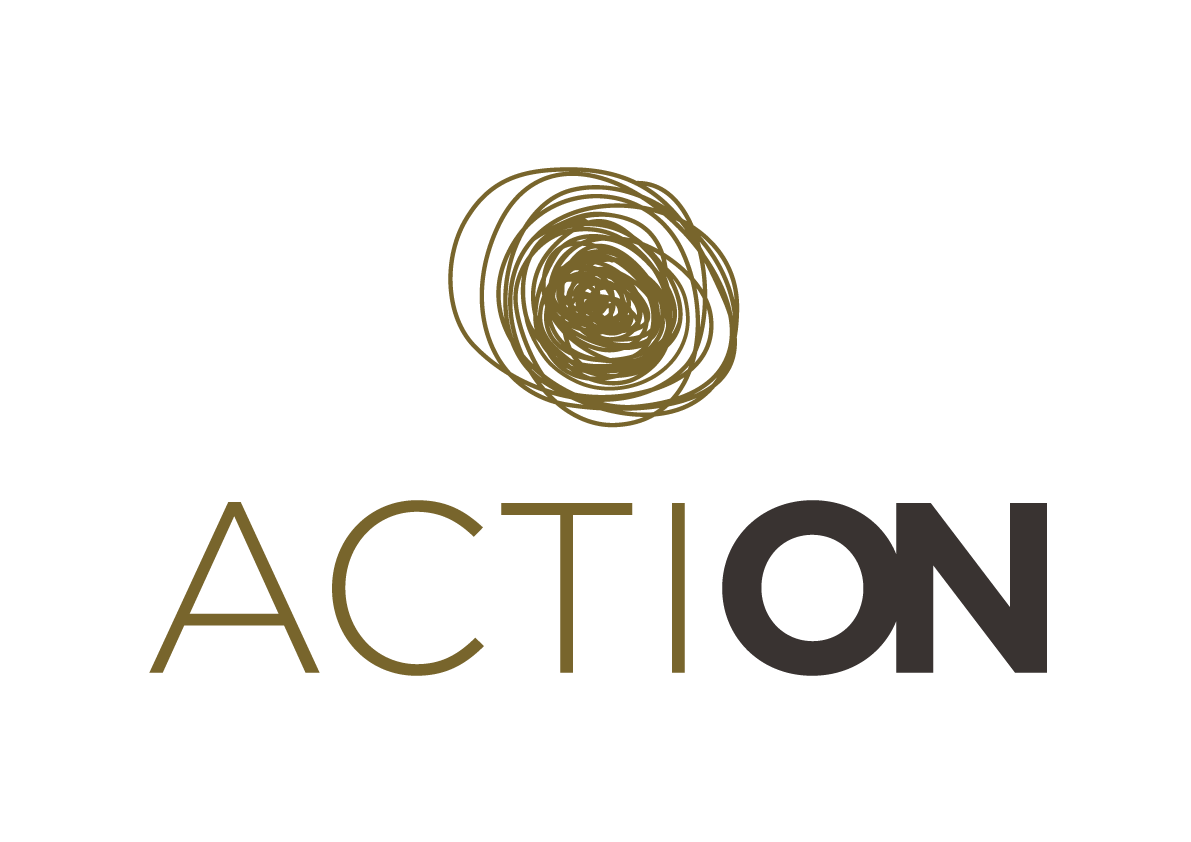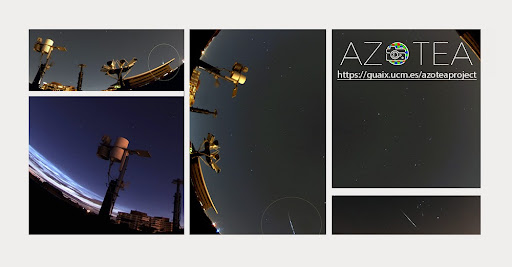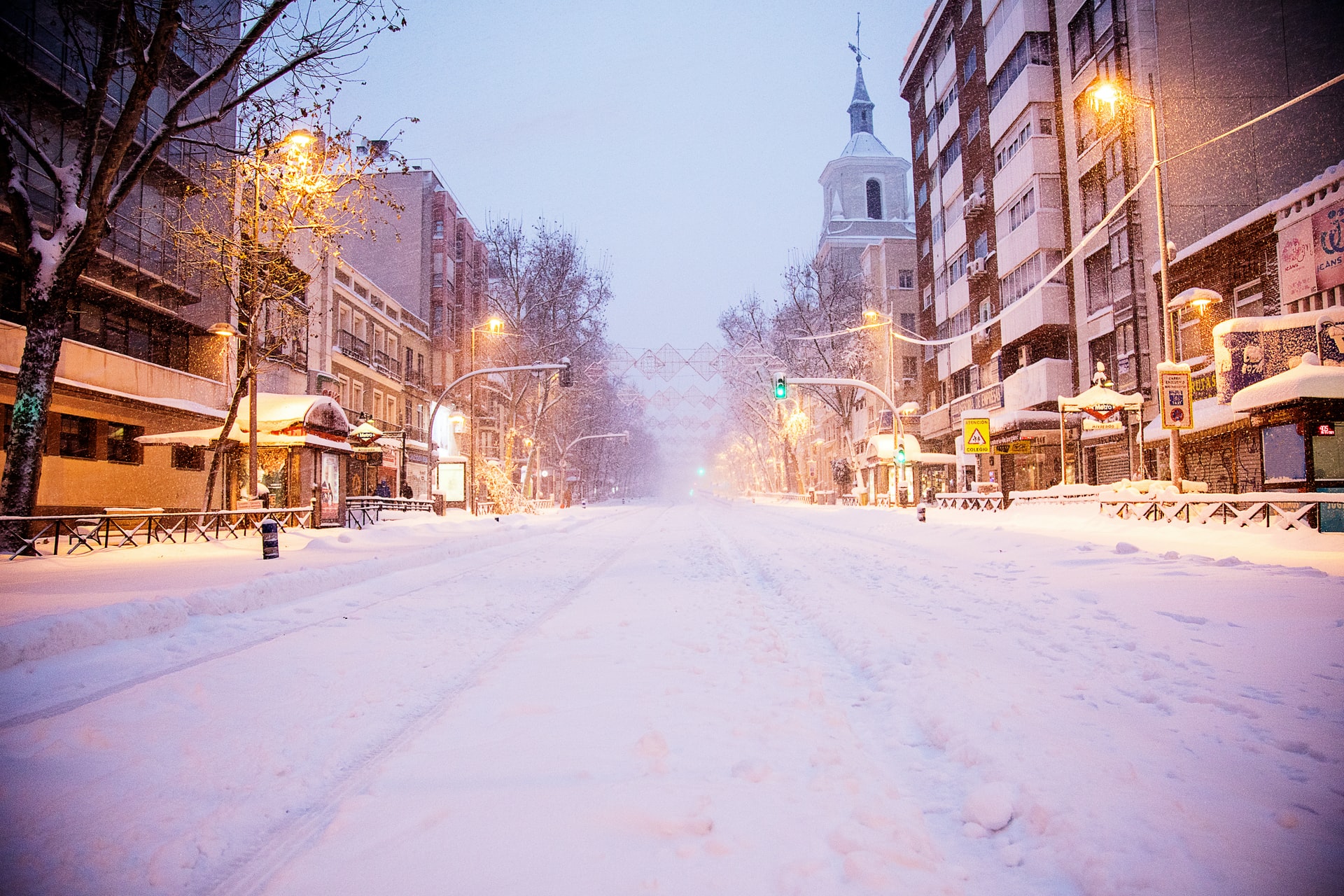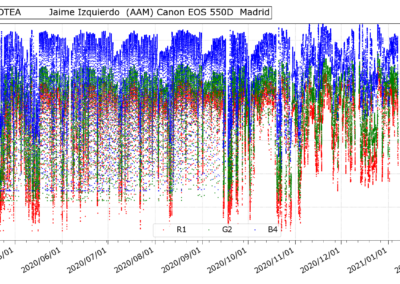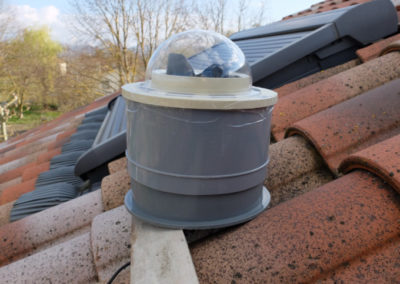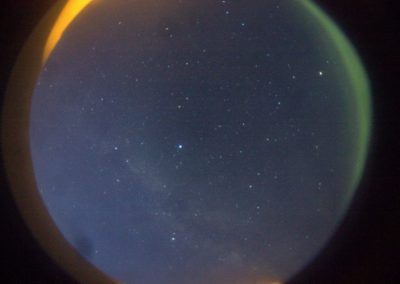Azotea
Location
Worldwide
Type/s of pollution
Light pollution
Sustainable Development Goals addressed?
![]()
![]()
![]()
Number of citizens scientists involved
13
Is the pilot looking for participants?
Yes, if interested have a look at the project website and write to the project team using the contacts provided in this page.
What is this project about?
As millions across the globe are practicing social distancing and self-isolation to prevent the spread of coronavirus, astronomical observation activities are reduced to those we can carry out from our home with instrumentation we happen to have with us.
The lockdown and other Covid-19-related restrictions offer an exceptional opportunity to measure the effects of the decrease in human activity on the night sky.
Azotea is a citizen science project to monitor night sky brightness and color with photographic cameras, to assess the decrease in light pollution that isolation or reduction to human activities is expected to produce.
The project is aimed to anyone with a DSLR camera that takes photographs in RAW format. Ideally the camera should be installed aiming the zenith and conveniently protected on the volunteers’ roofs or terraces so it can take a picture every 6 – 12 minutes along the night.
AZOTEA’s website includes the manual, a list of the collaborators that are already taking pictures of the night sky from home, installation example pictures and configuration tips.
AZOTEA is promoted by the Extragalactic Astrophysics and Astronomical Instrumentation team at the Universidad Complutense de Madrid in collaboration with, STARS4ALL Foundation, Red Española de Estudios sobre Contaminación Lumínica (REECL), Federación de Asociaciones Astronómicas de España (FAAE), Universidad Politécnica de Madrid and Sociedad Española de Astronomía (SEA)
What's new?
Are you interested in taking part?
If you are interested in participating get in touch with the pilot team by using the contact provided in this page.
Are you interested in doing something similar?
Find out more on the project website.
